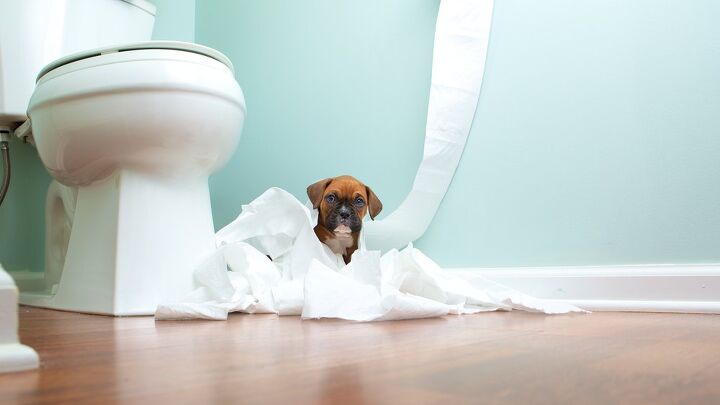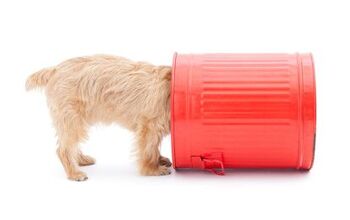Puppy Bad Behavior (and How to Correct It)

Bringing home a new puppy is exciting for the whole family. As you enjoy your new fluffy friend, however, you need to keep in mind that you have certain responsibilities as a dog owner. After providing for your puppy’s basic needs, training is your biggest job.
If you’ve never owned a dog before, you’re probably going to make some mistakes along the way when it comes to training your puppy. Your puppy is also likely to exhibit some undesirable behaviors – it’s simply a fact of life. Keep reading to learn more about puppy bad behavior and how to correct it.
Depending how old your puppy is when you bring him home, it may be too early to start with obedience training. Very young puppies have short attention spans and you’ll need to develop a relationship with your puppy before you can expect him to listen to you. Just because you may need to wait a few weeks for training to really start, however, doesn’t mean you can’t start setting the stage for success early on.
Related: 7 Things I’ve Googled Since I Got a Puppy
The key to preventing puppy bad behavior is to avoid reinforcing undesirable behaviors. For example, if you coo over your puppy when he jumps into your lap, he’ll learn that this behavior gets him the attention he wants, and he’ll keep doing it even as he grows up. Keeping your puppy in your sights at all times is another aspect of setting yourself up for success – if you’re keeping a close eye on your puppy, he’s less likely to get into trouble or to develop bad habits that you’ll have to deal with later.
When your puppy has an accident on the rug or chews up your favorite shoes, your first instinct may be to punish him, teaching him not to repeat that behavior. What you need to realize, however, is that unless the punishment immediately follows the undesired behavior, your puppy is unlikely to make the connection between the two and you’ll just end up scaring him. Generally speaking, you should avoid punishing your puppy because it is an ineffective training method and might harm your bond with him.
Related: Teaching Your Puppy How to Focus
Instead of punishing your puppy for bad behavior, you should try to correct or redirect it. For example, if your puppy is chewing on a shoe you should take the shoe away and tell him “No” in a firm voice without yelling. From there, give him one of his chew toys and praise him when he starts chewing on that instead. The best way to handle bad behavior in puppies is to prevent it from happening and to teach your puppy to exhibit a desirable behavior instead.
What many dog owners fail to realize is that they are always training their dogs. Even when you’re not in the middle of a training session, your puppy is paying attention to what you’re doing and gauging your reactions to his behavior. Keep this in mind and your puppy will learn good rather than bad behaviors.

Kate Barrington is the loving owner of two cats (Bagel and Munchkin) and a noisy herd of guinea pigs. Having grown up with golden retrievers, Kate has a great deal of experience with dogs but labels herself a lover of all pets. Having received a Bachelor's degree in English, Kate has combined her love for pets and her passion for writing to create her own freelance writing business, specializing in the pet niche.
More by Kate Barrington























